[Spoiler for Django Unchained] The climax of the movie is when Django comes back to the house for a final showdown. One sequence is just classic love-him-or-loathe-him Tarantino:
- Django is at the top of the stairs explaining how he will take revenge on the white people of the household
- Lara Lee Candie-Fitzwilly, the sister of the slaveholder Calvin J. Candie is at the bottom of the stairs
- Django tells a black woman to say goodbye to Lara, then shoots Lara
- Lara flies back in an exaggerated trajectory and obviously the wrong angle
To me, the two reactions Tarantino was going for are:
- Oh shit! Django’s just killed a woman – a civilian – without hesitation. This is the last of the revenge taboos broken
- This is justified AND funny due to the over-the-top footage
While Tarantino’s often pretentious, he’s right on point here. To the film’s audience’s society, violence against “civilians” is abhorrent. It’s that kind of violence that will let us brand ISIS as “barbaric” enough to start a crusade against. And yet, the same society considers slavery to be so evil that it must be fought against, perhaps even with violence. Given that in the world the film describes, pretty much all whites (including civilians) were complicit, we have an interesting conundrum. And while I think Tarantino revelled in the scene too much (what’s new?), I won’t lose much sleep over Lara’s fictional death.
This scene highlights that it’s possible for the general public to consider non-self-defence violence ok if it’s acting against a great evil. But if that’s the case now, what things might be considered great evils in the future, to the point where we might treat violence in that context in a similar way to anti-slavery violence? I’m doing prediction today – here are some candidates:

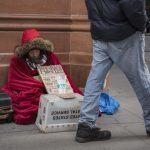
- Resistance against militarised policing etc. Even now many people celebrate something like the Stonewall Riots, which were a case of violent resistance. However, this isn’t a universal trend. When a Ferguson protester throws a tear gas grenade back at the police who threw it at him though, the respectability politics crowd will still have a fit even though that’s self-defence clear. I think the general public’s definition of unacceptable policing will expand greatly.
- People who are food insecure. I predict that when people are systemically hungry, it will be considered completely acceptable for them to (say) break into a supermarket and take the food (ie. “loot” in today’s terms). Of course there’s a lot of variation by country about how many people are food insecure and why they are. But even in wealthy industrialised countries, there are often large underclasses whose food insecurity is contributed to by structural inequality. In which case I don’t think people will end up thinking that these people “owe” the system that keeps them hungry anything.
- Homeless people. This is what I thought when I first visited San Francisco: why don’t the tens of thousands of homeless people just they mug everyone who walks past? Why don’t they mug me? Now, we know what would happen then. But I think this will be another case of society coming around to think that someone who has been so disadvantaged doesn’t owe society anything.
- Prisoners. I doubt that all prisoners in all countries will be thought to have had a moral right to rise up violently. However, given how horrible prison conditions are in many/most places, that percentage might be higher than you think. For example, even today we would generally think that someone has a moral right to violently resist torture. But then, solitary confinement should be considered torture.
To be clear, I’m not actually advocating violence here. I definitely don’t think these groups are under some moral obligation to rise up violently (or in any other way). That would be putting moral obligation on the victim which is crappy. And it’s not like we haven’t learned a thing or two about violent resistance/revolution during the 20th century. Still, I don’t have that much of a problem with at least some of these forms of violent resistance. There is of course an issue of degree with each case, as there is with anything.
The prediction is that these (and similar) forms of injustice will grow so abhorrent that culturally there could be revenge movies similar to Django Unchained. Maybe people will even be ok with a protagonist from one of the above groups shooting a “civilian”. And even if the violence won’t have been historic, its presence in fiction will be considered acceptable catharsis.

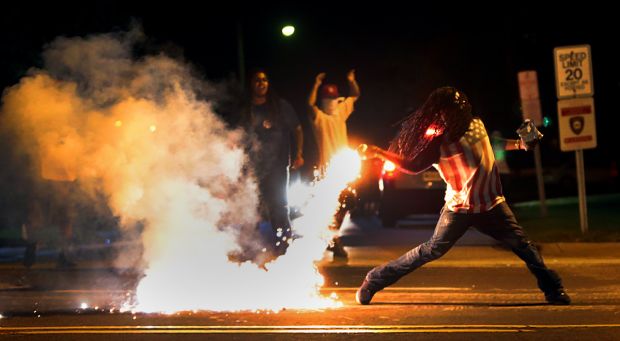
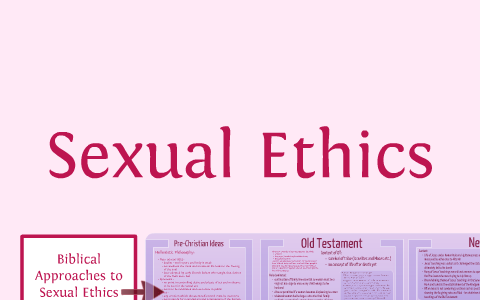
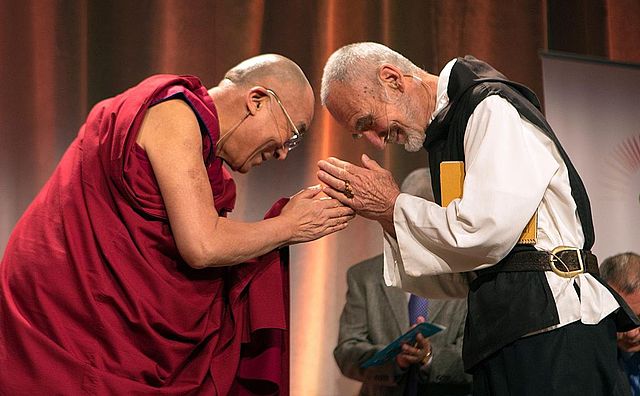
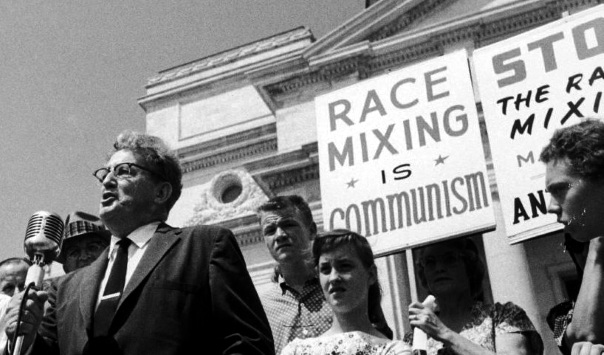
0 Comments